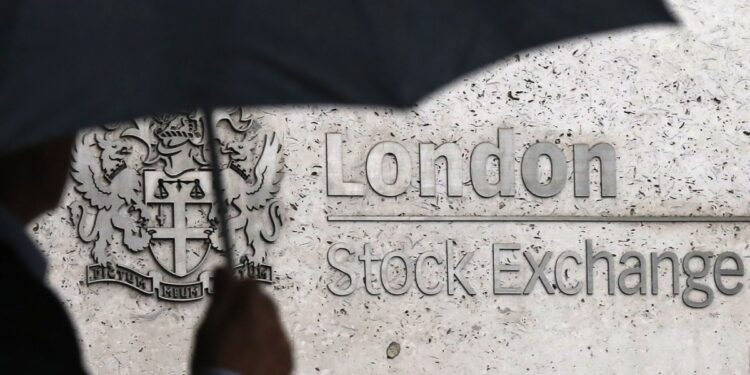British investment fund manager and finance expert Mark Slater warned of a dark future for the British stock market, explaining that the market is facing a crisis deeper than just the usual fluctuations in sentiment, during an interview with Bloomberg.
Despite some slight improvement in investor sentiment, according to Slater, there are serious concerns about the long-term viability of the market unless urgent steps are taken to address what he described as the “deep rot” threatening the British market.
Alarming numbers
According to a Bloomberg report, the British market is suffering from a severe shortage of capital flows, with £1 trillion ($1.31 trillion) having left the market over the past 20 years.
With fewer new companies going public, Slater predicts that if these trends continue, Britain could lose its stock market “in a real sense” within five to 10 years.
Slater pointed out that the number of companies offering their shares on the market has decreased significantly, and British companies are now struggling to attract the capital needed for growth and expansion.
Although the UK stock market is “incredibly cheap,” he said, companies are still struggling to attract the investment they need. This could put the future of the UK economy at risk, as the stock market is a key part of any advanced economy.
Missing stimuli
Although some professional investors see current valuations of UK stocks as good investment opportunities, the problem is the lack of “catalysts” that drive capital into the market.
Slater explained that the UK market had been in a slump for so long that even investors who recognised the value were waiting for a signal to move the market.
One such catalyst, Slater noted, is the widening gap between public and private equity valuations, as well as the increasing number of companies buying their own shares. “The valuation itself is an interesting catalyst,” he said, but the bigger challenge is attracting new companies to the market and building local investor confidence.
According to Slater, one of the main reasons behind this crisis is the absence of local investors. With British pension funds retreating from the local market over the past two decades, there has been a real drying up of capital flows.
Slater noted that British pension funds have largely exited the market, with about £1 trillion withdrawn from a market worth £2 trillion ($2.62 trillion).
These figures illustrate the extent of the danger that threatens the future of the market, as this huge influx of money abroad leaves local companies without the necessary financial support.
“If this trend continues, we may see London lose ground to New York, as happened with regional markets in the UK,” he added. This raises questions about the role of the government in stepping in to save the market.
Slater touched on the issue of the lack of new companies offering their shares in the market, noting that this crisis is related to the lack of capital available to companies.
He said the market is suffering from a severe drought in new companies, which increases the challenges facing the British economy. If this situation continues, it will worsen the economic situation and the government will have to intervene immediately.
Call for government intervention
In light of these challenges, Slater called on the government to take urgent steps to protect the market. He said that “government intervention may be the only solution to save the British stock market.”
He noted that the government may need to consider providing greater support to local businesses and attracting investments to ensure the market’s sustainability.
The report indicated that the British economy may need greater government support to boost investor confidence and encourage capital to return to the market. This intervention may be necessary to avoid a complete market collapse in the coming years.
With the increasing risks facing the British stock market, concerns are growing about the potential impact on the British economy as a whole.
If Britain loses its stock market or it shrinks significantly, this could negatively affect the chances of economic growth and attracting foreign investment. It could also reduce the opportunities available to British companies to attract the capital needed to expand and grow.



